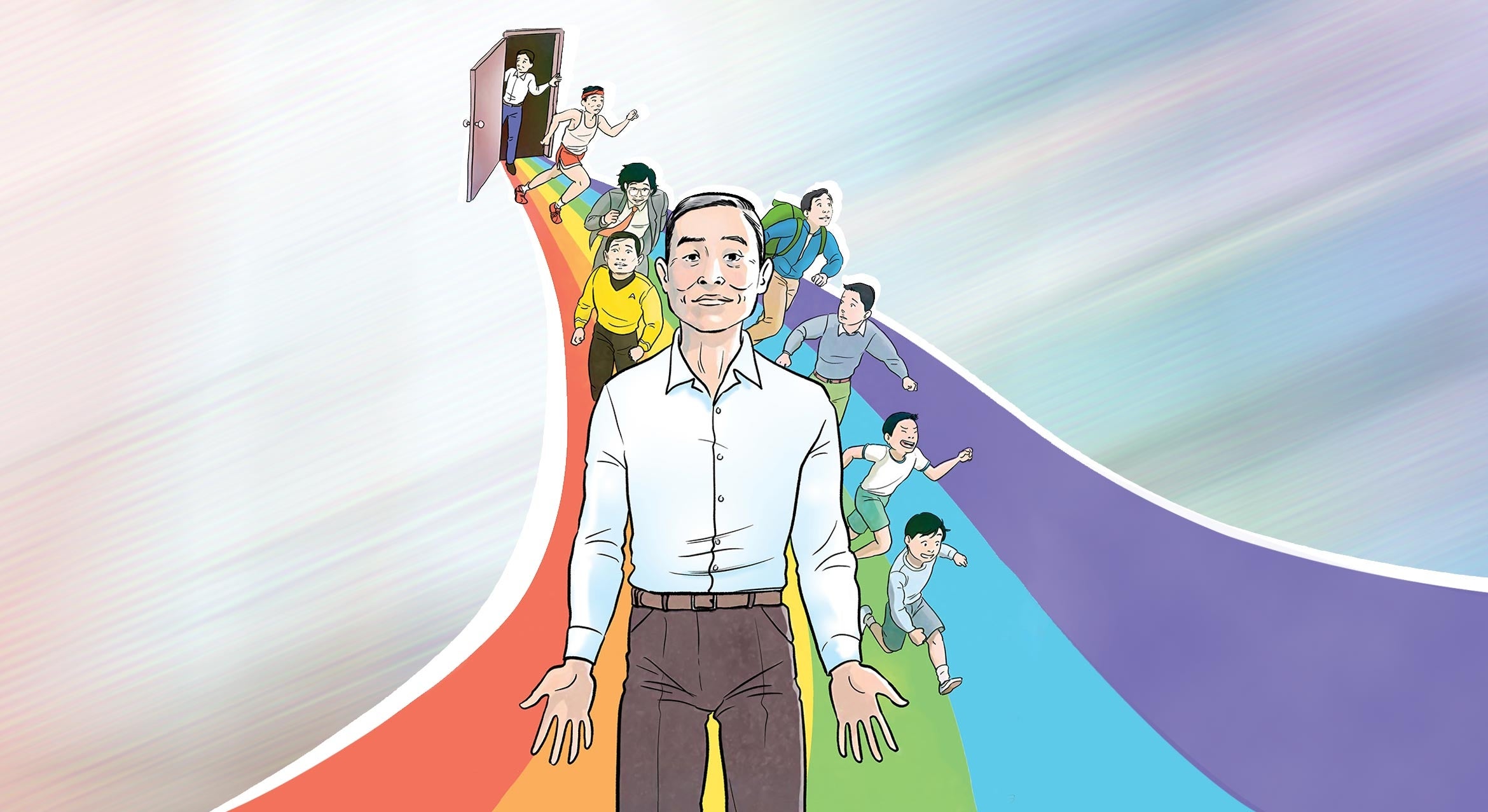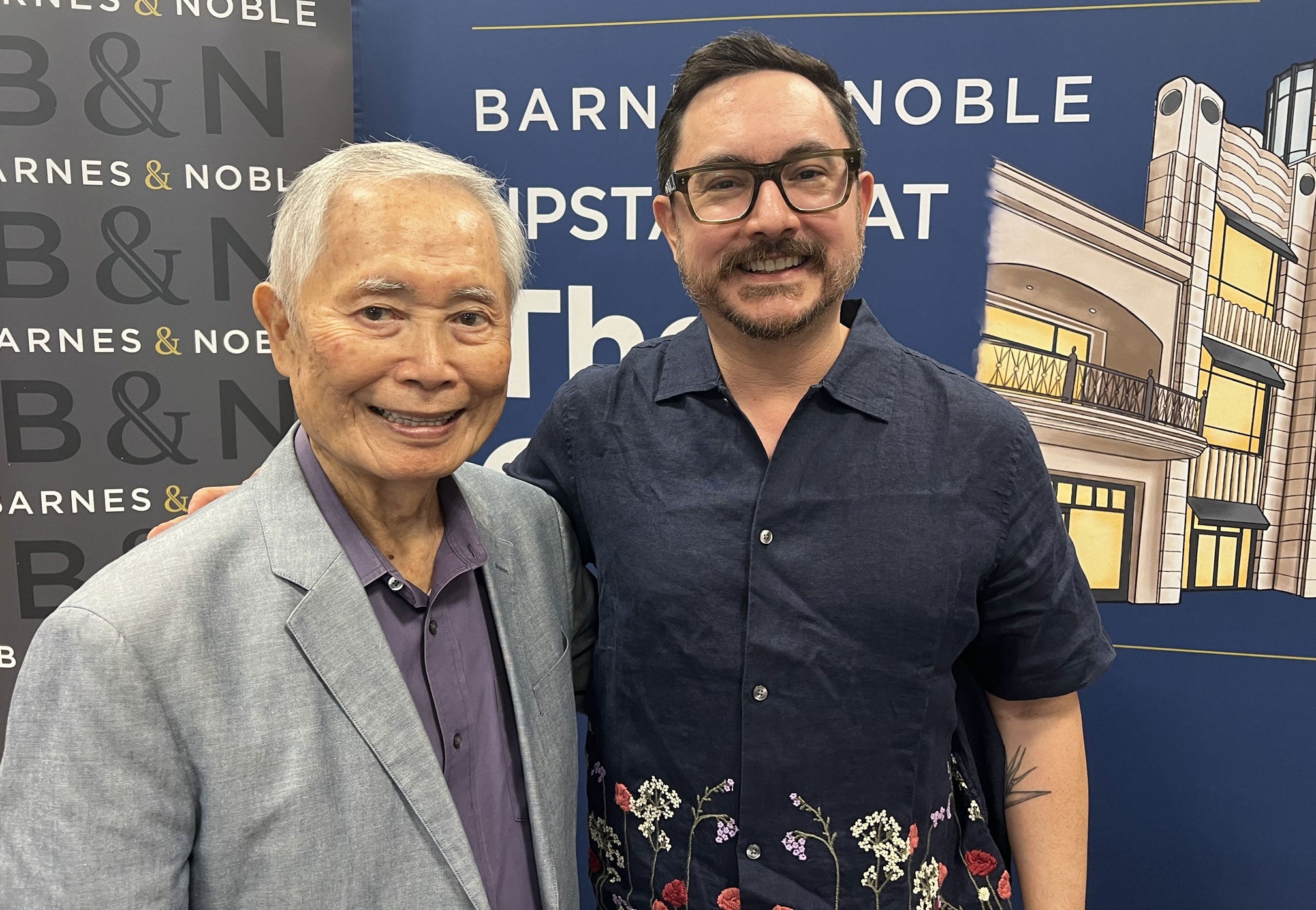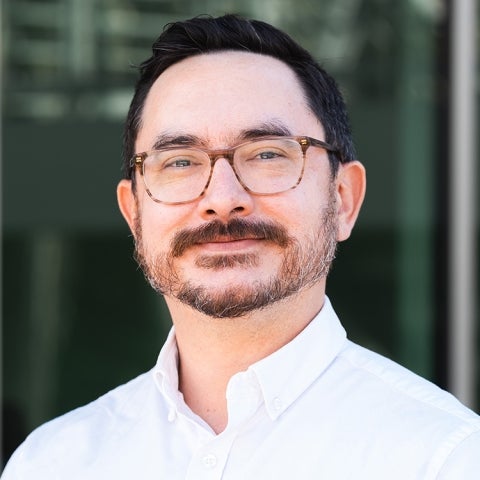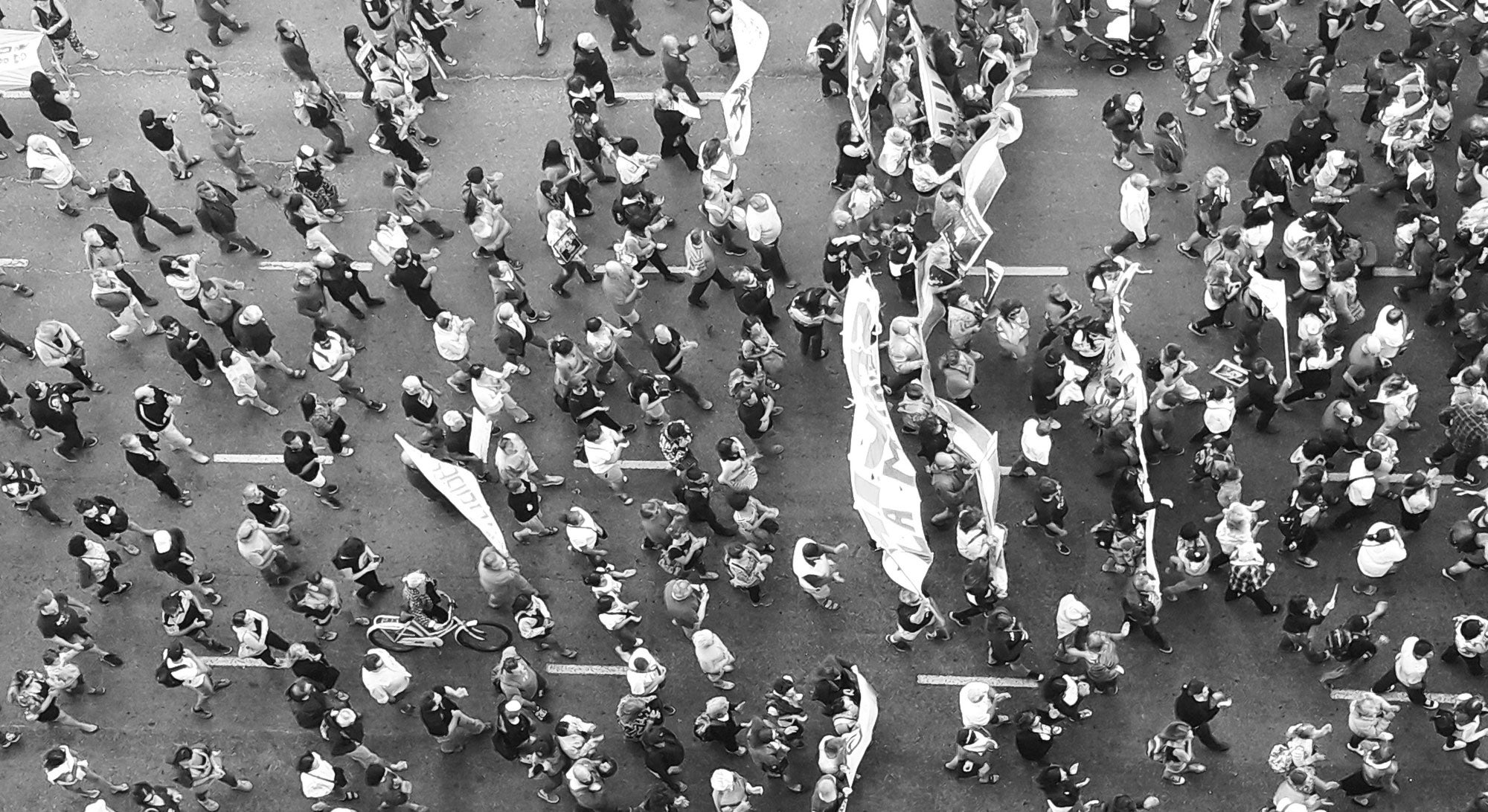
Star Trek actor George Takei and coming out in 2005
Twenty years ago, Alexander Cho was a young editor at Frontiers, the long-running LGBTQ magazine based in Los Angeles, when he received a call that would lead to one of the most significant stories of his early career. The caller had a friend who wanted to come out publicly — and wanted to do it through the magazine. That friend was Star Trek actor George Takei.
Takei’s decision to come out as gay in 2005 was a watershed moment for both the entertainment industry and the broader LGBTQ community. It also launched a new chapter in his public life, cementing his place as an outspoken advocate for civil rights, particularly at the intersection of queer and Asian American identity.
Two decades later, Cho, now an assistant professor of Asian American studies at UC Santa Barbara, recently reunited with Takei for a public conversation at Barnes & Noble at The Grove in Los Angeles. The summer event coincided with the release of “It Rhymes with Takei” (Top Shelf Productions, 2025), Takei’s new graphic memoir.
“I hadn’t seen George since that original interview,” Cho said. “It feels really meaningful to have come back together in this way. It’s not just a reunion — it’s a moment to reflect on how much has changed and what still feels urgent.”
That first interview, Cho recalled, came at a pivotal time. In 2005, California’s legislature had just approved same-sex marriage, only to have the measure vetoed by then-Governor Arnold Schwarzenegger. Takei, who had spent his childhood in Japanese American incarceration camps during World War II, saw parallels in how the state continued to treat marginalized communities.

“He told me, ‘I’ve already been treated like a second-class citizen once. I won’t be again,’” Cho said. “His decision to come out was both deeply personal and deeply political.”
That moment continues to resonate in “It Rhymes with Takei.” Spanning Takei’s life — from his early years in internment camps to his rise in Hollywood and advocacy work — the graphic memoir, illustrated by Harmony Becker, includes a depiction of his 2005 interview with Cho.
For Cho, seeing himself illustrated in the book was a surprising and humbling reminder of his role in that history. “I didn’t expect that,” he said. “But it underscored for me how interconnected our stories are — how individual choices ripple out into collective memory.”
Cho, whose academic research focuses on queer youth of color and digital media, said Takei’s coming out interview helped shape the trajectory of his own career. “It was a moment when I witnessed the power of media and representation, especially at the intersection of race and sexuality,” he said. “That has stayed with me in my research and teaching.”
At UCSB, Cho teaches courses in Asian American media studies and gender and sexuality studies. He is currently completing a book on how queer youth of color use the social media platform Tumblr to navigate identity and community. He’s also researching the recent boom in Asian American representation in mainstream media.
“We’re finally seeing more complex and nuanced portrayals of Asian American lives,” Cho said, referencing films and shows like “Everything Everywhere All At Once,” “Beef” and “Always Be My Maybe.” “And it’s important to acknowledge the legacy of figures like George Takei, who helped pave the way.”
For Cho, speaking with Takei offered an opportunity to reflect on intergenerational activism, and how LGBTQ and Asian American histories are often developed in parallel, but not always together.
“There’s still relatively little public memory that weaves queer and Asian American histories together,” he said. “This event is a reminder that those narratives do intersect, and they matter.”
“George has always had this incredible ability to link personal experience with broader political meaning,” Cho said. “It’s rare that you get to revisit a moment like that with the same person, after 20 years.”




